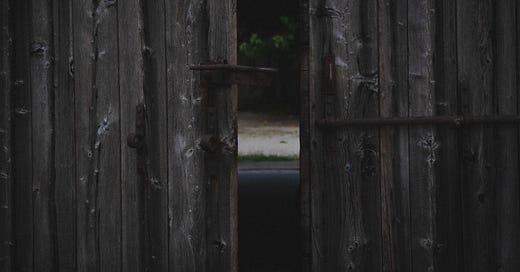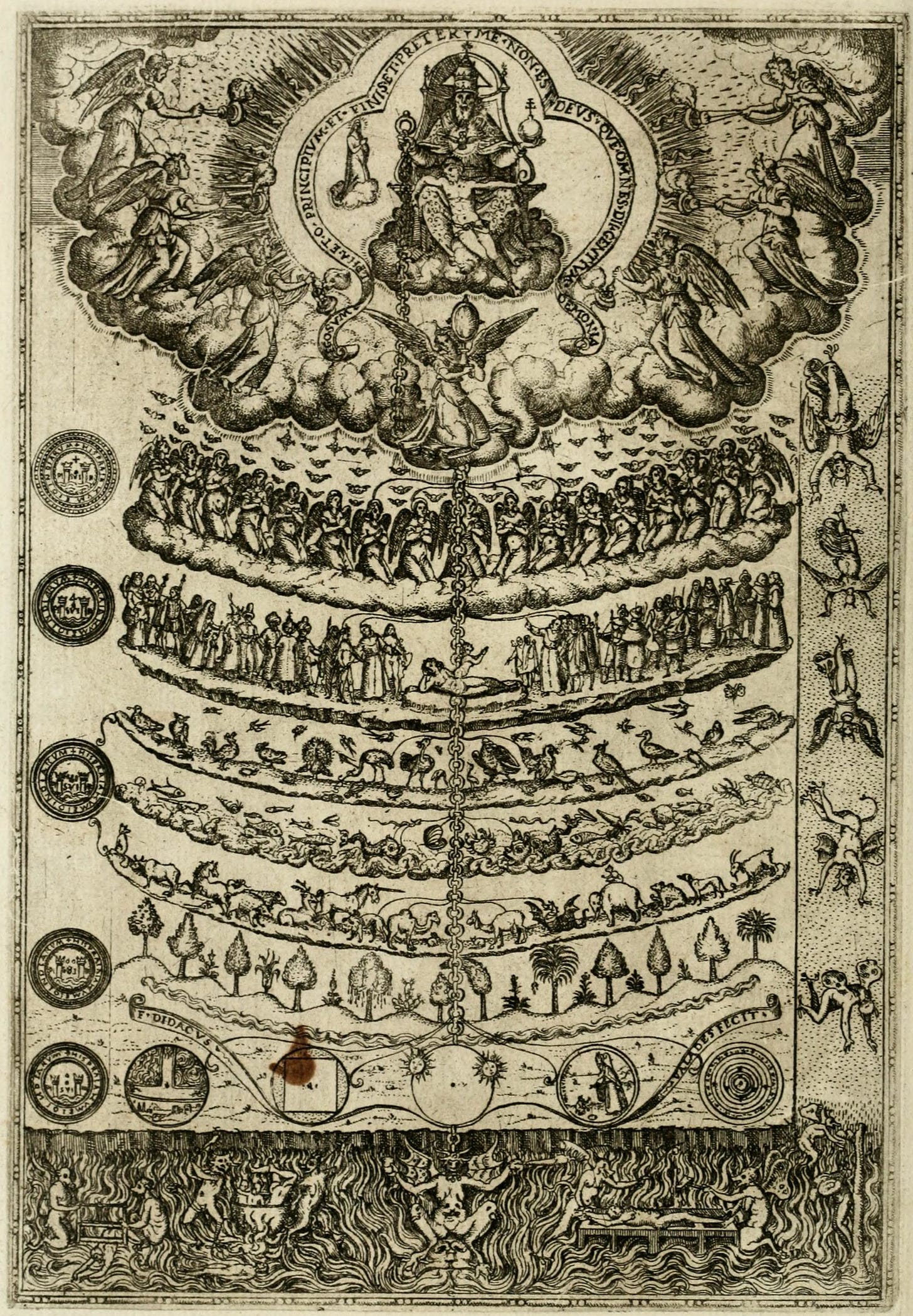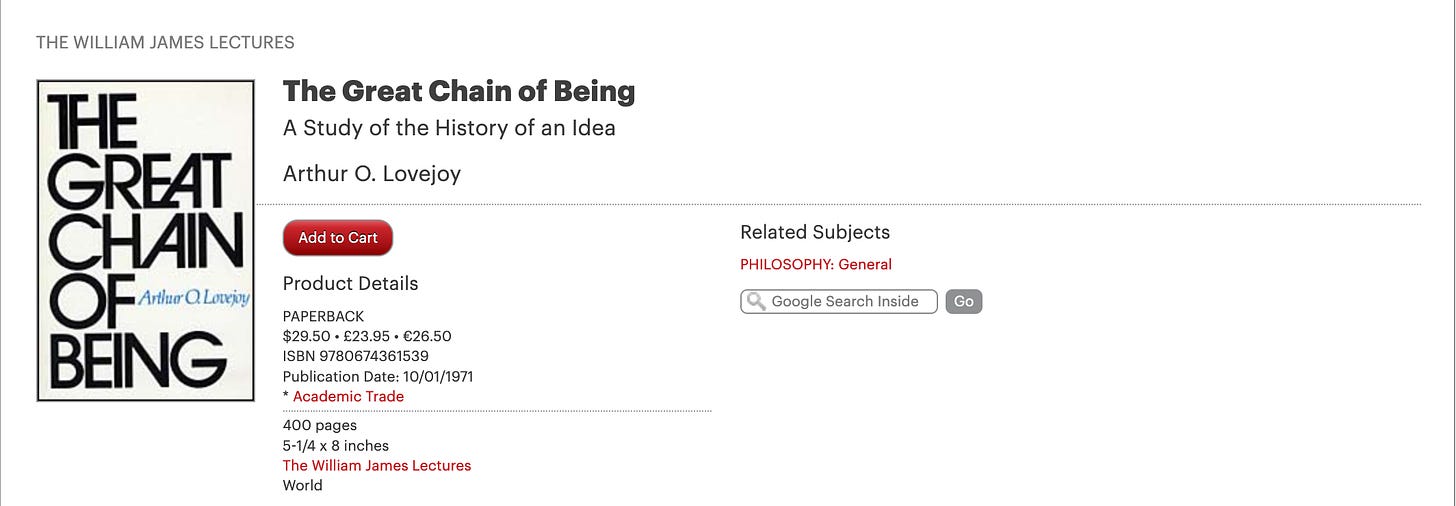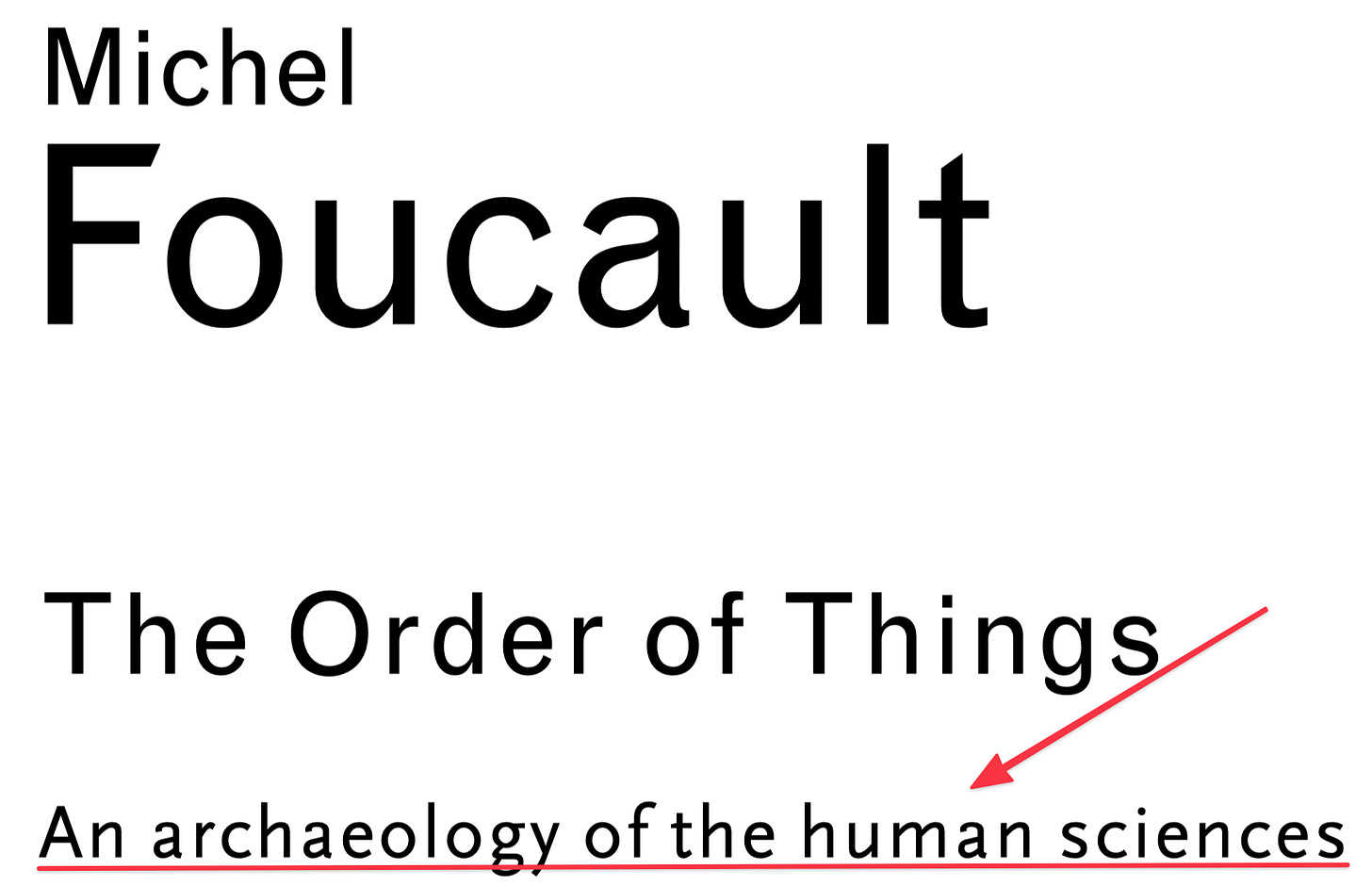Ontological Openings
The famous American philosopher (and greatly influenced by Kant) Wilfrid Sellars used to say:
the aim of philosophy, abstractly formulated, is to understand how things in the broadest possible sense of the term hang together in the broadest possible sense of the term
That brings us to a subtle but important distinction between two ways of being ontological (it’s a pompous term, but in my defense, I didn’t invent it):
The standard approach, which says “as a first approximation, ontology is the study of what there is”
A more general approach in which ontology is the study of “how things hang together in the broadest possible sense of that term.”
The first emphasizes classification, the second, being even more general, could look at other forms of ordering besides classification. The analogy with physics might make this distinction easier to understand. If we agree that physics is the study of matter, then the classification of different types of matter - solid/liquid/gas/plasma or the periodic table is one way to do physics. Another way to do physics is to seek underlying principles that explain why matter has the classification that it does.
In the second mode, an ontological opening is a reordering of how things hang together in the broadest possible sense of that term.
Today I will bookmark the ontological order that was thoroughly disrupted in the modern era. That’s the ‘Great Chain of Being.’
I should add that the order that’s being disrupted is specific to Western (in the broadest possible sense of that term, so including Islamic) philosophical and religious traditions, so it doesn’t say much about other traditions of ordering reality.
As I’m discovering, ignorance is boundless and extends in all directions, and without having a sense for the GCB, it’s hard to understand why its overthrow was experienced as a watershed event.
The Great Chain of Being
Wikipedia uvaca:
The Chain of Being hierarchy has God at the top, above angels, which like him are entirely spirit, without material bodies, and hence unchangeable. Beneath them are humans, consisting both of spirit and matter; they can change and die, and are thus essentially impermanent. Lower still are animals and plants. At the bottom are the mineral materials of the earth itself; they consist only of matter. Thus, the higher the being is in the chain, the more attributes it has, including all the attributes of the beings below it.
The amazing thing about the great chain of being is that it’s an entirely rational order - everything from planets to humans are part of one emanation from the Divine intellect. The main difference (as experienced by Kant etc, perhaps not by us) is between the meaningfulness of the rational order and the meaninglessness of the mechanical order that replaced it. In that rational order, theology, physics and ontology all came together in one story that had revelation, human action and political community playing interlocking roles.
The classic exposition of the Great Chain of Being is Arthur Lovejoy’s eponymous text.
Why is the GCB a meaningful order while the mechanical isn’t? Are we just stuck with older ideas of meaning? Can we enter the world of the Great Chain of Being and experience for ourselves the shock of it being splintered into the blind order of matter? At the very least it will give us a sense of the existential urge that must have compelled Kant.
GCB - next week….
Let’s also not forget Foucault’s “Order of Things.” I don’t want to reprise Foucault’s (or anyone else’s) account of the transformations that made the modern world, shattering earlier intuitions about the order of reality. But Foucault’s book has a subtitle that matters to our attempts to probe the human question. The book says:
The human sciences arose precisely because the human question became a pressing question. Our task is to understand why that question became urgent at a certain time in European intellectual history and what do we do now, when the resolution of that crisis has prompted an arguably bigger crisis. Foucault might give us a clue as to what made the human so interesting, the fulcrum around which a new rational order might be created as the old rational order collapsed.







